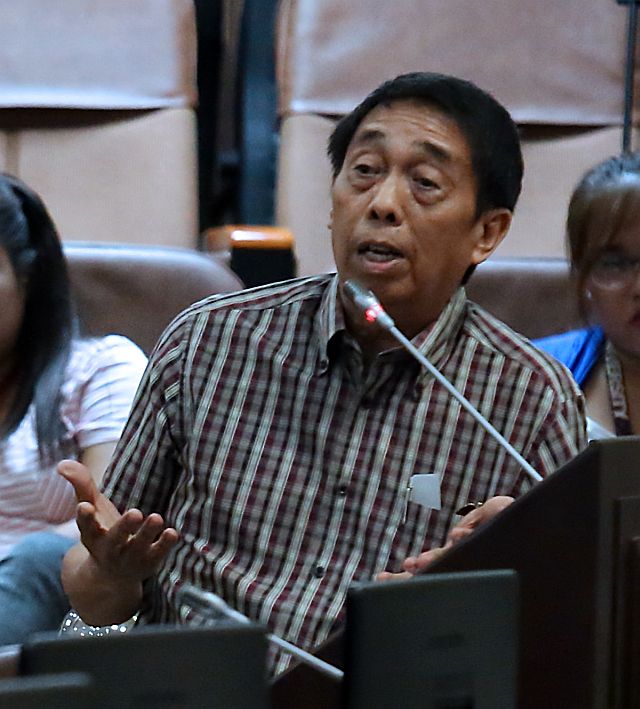Business sector supports drive to flush out drug money

LOCSON
The business sector in Central Visayas is open to helping authorities eliminate drug transactions channeled through money remittance centers and banks.
Ted Locson, business sector representative in the Central Visayas Regional Peace and Order Council (RPOC-7), said this matter should be brought up to the business community so they would be able to help.
“If we can control the movement of funds coming from drug businesses, that is one way of eliminating drug transactions,” Locson said during the second quarter meeting of RPOC-7 held at the Tropics Resort in Tagbilaran City, Bohol on Wednesday.
Locson, the vice president for external affairs and relations division of the Cebu Chamber of Commerce and Industry (CCCI), made this remark as an aside to the presentation of Chief Supt. Patrocinio Comendador Jr., Police Regional Office (PRO-7) director, on the crime situation in Central Visayas.
In his presentation, Comendador said the payment scheme in the illegal drug trade involves third party agents such as money transfer centers and banks.
Proceeds of drug pushers, Comendador explained, will be sent to collectors via these third party agents before the money would be remitted to illegal drug traders or supplier.
Comendador said the police would usually coordinate with the Anti-Money Laundering Council (AMLC) but directly tapping the cooperation of remittance centers and banks has been quite difficult for them.
All requests for coordination, he said, were often referred to the firms’ legal departments.
“Because of the standing statute or laws of our country (that prohibit) delving into financial transactions, we are hampered by these laws,” the police chief said.
The Cebu Bankers’ Club (CBC), on the other hand, assured that it is one with the government, police, and the community in eliminating illegal drugs and other criminal activities.
“Tell us who are these persons and we will close their accounts and they cannot anymore use the banking system,” Maximo Rey Eleccion, CBC president, said in a text message to Cebu Daily News.
Employees of the around 40 member-banks of CNC are required to do a “KYC,” or to “Know Your Client” check on their depositors and other clients, Eleccion emphasized.
He said once they find out that their client’s transactions, whether deposits or withdrawals, are not commensurate to their trade or profession, they immediately ask them about their source of funds.
If funds are from sales proceeds, banks are mandated to ask for deeds of sale as proof, he said.
“If they cannot explain and we have information or knowledge that it came from an illegal source, we immediately close the account,” said Eleccion.
Disclaimer: The comments uploaded on this site do not necessarily represent or reflect the views of management and owner of Cebudailynews. We reserve the right to exclude comments that we deem to be inconsistent with our editorial standards.
